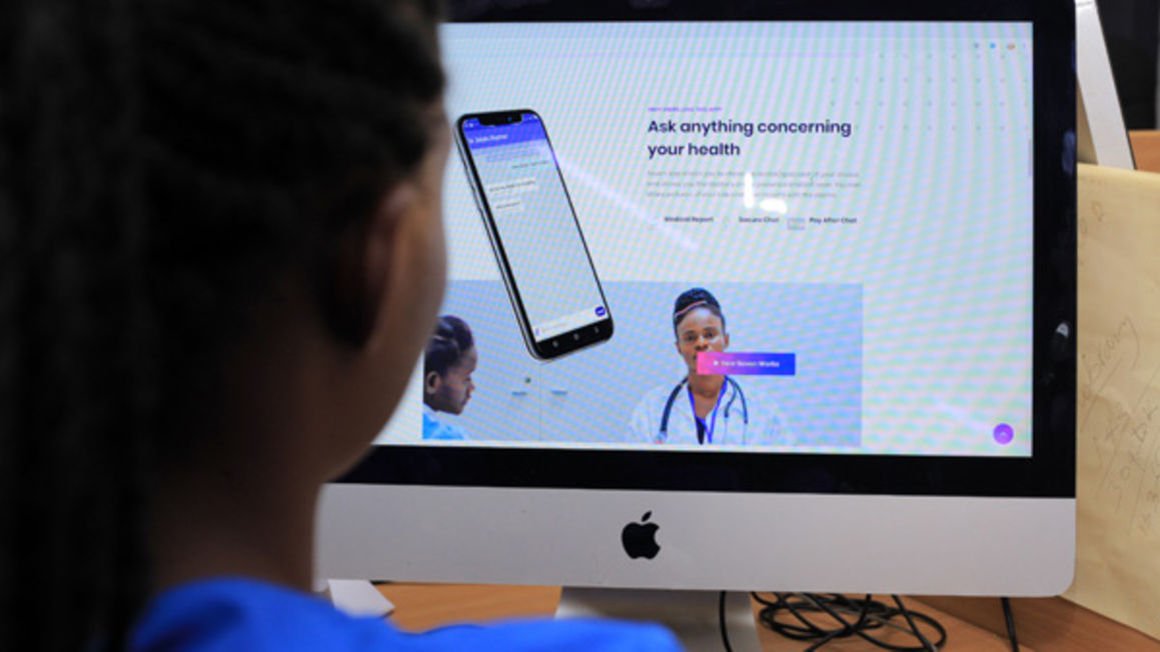Even as majority of people seeking healthcare service still prefer physical contact with a doctor, Uganda’s private sector pioneers in the field of telemedicine are starting to find a footing – ironically triggered by the onset of the coronavirus pandemic.
While government hospitals are also starting to pilot telemedicine, it is the private sector players that have taken the lead in this field, with dedicated 24/7 teams of doctors for online or phone consultations and diagnostics, mobile clinics, prescription, and pharmacy deliveries.
Rocket Health, the service brand of Kampala-based The Medical Concierge Group (TMCG), the pioneer private sector provider of telemedicine in Uganda, saw traffic on its servers grow by 500 per cent during the Covid-19 lockdown as desperate patients sought the safest options to access medical services without leaving their homes.
Professionals define telemedicine as a new channel that people can use to access medical services such as consultation, prescription and medicine deliveries, as well as other specialities such as radiology and psychiatry, using commonly available technologies such as the mobile phone and Internet-based chat platforms such as WhatsApp.
Dr Davis Musinguzi, the TNCG’s chief executive officer, says online healthcare services made possible with the use of technology became more relevant during the total lockdown that the government imposed in March as one of the measures to curtail the spread of coronavirus.
With private and public transport means also grounded, patients in need of medical attention jammed TMCG lines, which received on average 4,000 phone calls per month.
“Covid-19 was a blessing in disguise,” says Dr Musinguzi. “We were handling more than 4,000 patients per month. That puts us down to 100 to 200 per day. That is a huge jump from our normal numbers.”
Industry sources reveal that this is a significant turnaround since launching the service last year, when TMCG struggled to sign on customers, and received between 15 and 20 calls for medical consultations or delivery of medication.
Most callers were seeking consultations, others called to get precautionary health diagnosis, while some were desperate customers with emergencies.
Medical experts admit that policy gaps and technology challenges in sub-Saharan Africa and much of the developing world will impact uptake of telemedicine, which needs to gain acceptance in the conventional marketplace as another mode of providing medical service among consumers that still prefer physical contact with a health worker.
“For a long time, healthcare had been the slowest adapter of technology. But with the option of mobile phone or the Internet and the apps that come with that, it has become acceptable that this is a necessity,” Dr Musinguzi says, adding that for a business startup, selling this innovative product in Uganda is an uphill task and even a gamble.
Dr Richard Idro, the Uganda Medical Association president, says telemedicine is the future of medical services and the industry is starting to embrace it with “light platforms” where some doctors offer the service as part of a wider bouquet of medical products that their employers provide.
“There are discussions to look at portfolios under which telemedicine is offered, especially for radiology. The radiologists association is ready to use it, for instance in examining X-rays,” Dr Idro explains.
The spokesperson of the Ministry of Health, Mr Emmanuel Ainebyoona, says telemedicine is being piloted in the country’s regional referral hospitals.
He adds that when the National Referral Hospital Mulago – currently being renovated to provide specialised services – starts operations, it will have a telemedicine component that includes both clinical diagnostics and a platform that integrates practice and procedure training for medical school students to follow surgical operations.
Why telemedicine?
Experts argue that with the evolution of medical insurance and the proposed national health insurance scheme that has been in the works for more than a decade, through which telemedicine can be offered, it becomes necessary to offer services to people remotely to limit patients from crowding hospitals and risk catching or spreading more infections.
“We noted that there are patients who, for one reason or another, come to seek consultation when it’s too late. Then we discovered that there are people, mostly those on medical insurance, who come to hospital for anything and everything even when it is not necessary. Telemedicine eliminates all that,” explains Dr Musinguzi.
Cost of service
A typical consultation involves a phone conversation or chat where the doctor takes the patient’s history; the patient is asked to describe his or her symptoms, followed by the doctor’s analysis, all the back and forth made possible by technology.
A phone consultation with Rocket Health costs Shs10,000 ($2.73), while a patient pays Shs25,000 ($6.83) for a general doctor consultation and Shs50,000 ($13.6) for a specialist consultation, payable using mobile money. However, for an annual fee of Shs100,000 ($27.3), a person can have access to an unlimited number of consultations throughout the year.
According to the Telemedicine and Locum Tenens Opportunities Study report for 2019, the global telemedicine market was valued at more than $38 billion (about Shs140.2 trillion) in 2018, but this number is expected to exceed $130 billion (about Shs479.5 trillion) by 2025.
Survey
A study co-authored by Makerere University’s Vincent Michael Kiberu and published in the January 2018 Health Information Management Journal, discovered that the readiness to integrate telemedicine services in Uganda’s health sector varied at the different levels of the health facilities and among medics.For instance, it said physicians, referral hospitals and administrators were ready and more likely to integrate telemedicine than the lower health units, while readiness among nurses, allied health workers and the public still needed to be assessed.
Credits: Daily Monitor

